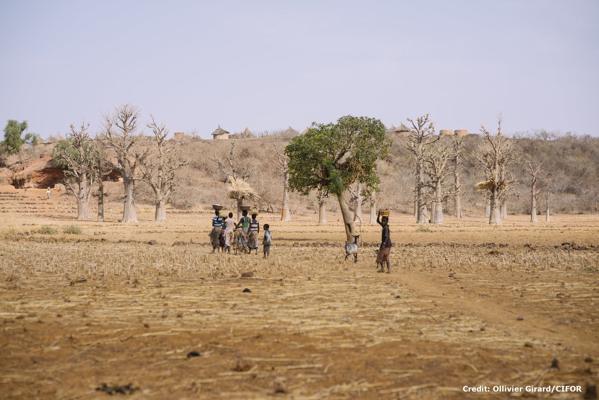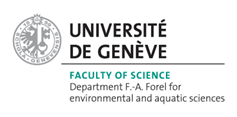Post-doc position available in spatially explicit trade-off analyses for multiple sustainable goals in the international collaboration project “The impact on human health of restoring degraded African drylands”
Fixed term :24 months - full time


Dr. Takuya Iwamura
41 22 379 12 87
The Department F.-A. Forel for environmental and aquatic sciences and the Faculty of Sciences invite applications for a research position (Post Doctoral Research Associate) in the Modeling for Human and Nature Interaction research group at University of Geneva. We are seeking to recruit a postdoc researcher to carry out, publish and present research as part of our recently funded UKRI Applied Global Health Research Award project entitled “The impact on human health of restoring degraded African drylands”.
PROJECT DESCRIPTION: This international and interdisciplinary project is a collaboration with research groups from 5 countries (PI: Prof Kris Murray, MRC Unit The Gambia at London School of Hygiene and Tropical Medicine). We aim to generate an evidence base to both estimate the impacts and enhance the benefits to human health of Africa’s Great Green Wall (GGW), the world’s largest degraded land restoration initiative. In particular, we will explore what are the impacts to human health of dryland restoration interventions through extensive fieldwork in The Gambia, Senegal and Burkina Faso combined with continent wide analysis and modelling. The successful candidate is hosted at University of Geneva and co-supervised by Dr Alisher Mirzabaev (U Bonn) and Dr Takuya Iwamura (UNIGE) with the project-wide oversight of Dr Kris Murray for effective collaboration with other international members of this exciting project. The successful candidate will work on spatially explicit trade-off analyses using ‘systems thinking’ approaches and will implement state-of-the-art machine learning techniques for spatial resource allocation.
RESEARCH ENVIRONMENT: The candidate will work with other postdoctoral researchers mainly consisting of ecologists and medical scientists. The Modeling for Human and Nature Interaction group at UNIGE focusses on developing computational solutions for spatial datasets with the ambition to provide solutions for environmental and sustainability issues. We collaborate with international teams in Africa, India and Brazil to explore human-wildlife interactions and the integration of conservation planning and public health issues.
REQUIREMENTS: At the time of employment, applicants must have a Ph.D in ecology, geography, environmental science, public health or related fields. Candidates are expected to be have experience / expertise in one or more of the following areas: spatial analysis (e.g., spatial statistics), resource allocation, ecological modeling, environmental and/or health economics, and machine learning (incl. deep learning). Demonstrated proficiency in programming language in particular R and Python as well as geospatial information systems (GIS) are required. Experience in developing code with machine learning, remote sensing, trade-off analysis, or decision-support systems is highly welcomed. Evidence of proficiency in both technical and personal skills relevant to the position should be apparent from your application pieces (CV, publications, vision statement; see below). The post will involve international travel to collaborate with partner institutions and to communicate outputs – proficiency in written and oral English skill is must.
This is a 2-year position subject to probationary review at 6 months. The position is expected to start in early 2025. Annual salary is in the 85,000 – 89,000 CHF (87,000 - 91,000 EUR / 94,000 – 98,000 USD) range. The candidate is expected to physically present at UNIGE. Interested candidates are encouraged to submit their application and any questions regarding the position to . Application is considered for those submitted before July 15th 2024.
Applications should include:
- Cover letter, including short statement of motivation and qualifications (max. 3 pages)
- Current CV and publication list
- Contact information for three potential referees
Photo: Baobab reforestation in Burkina Faso. Photo by Ollivier Girard/CIFOR
13 mai 2024